Librium 10 mg Tablet 15's
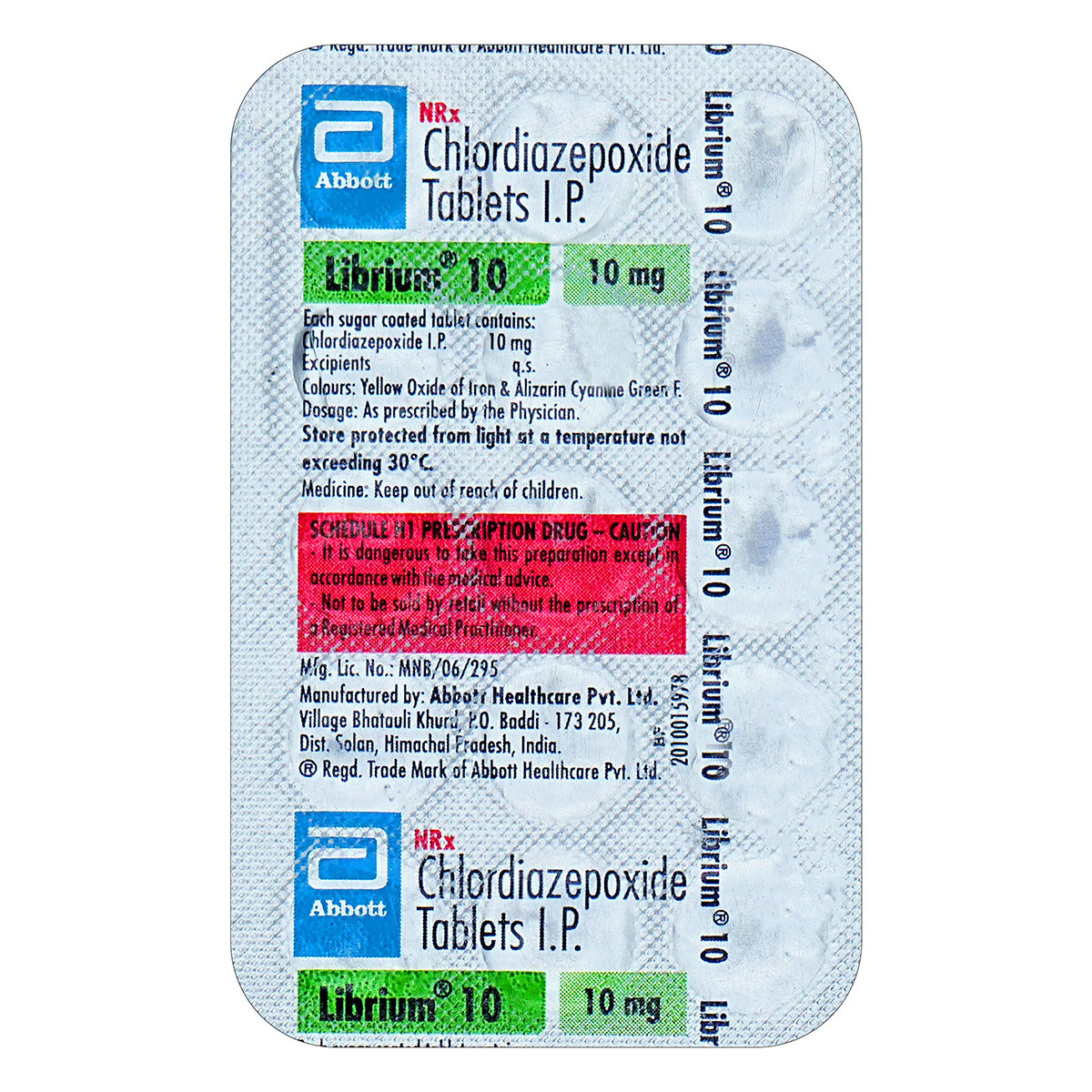
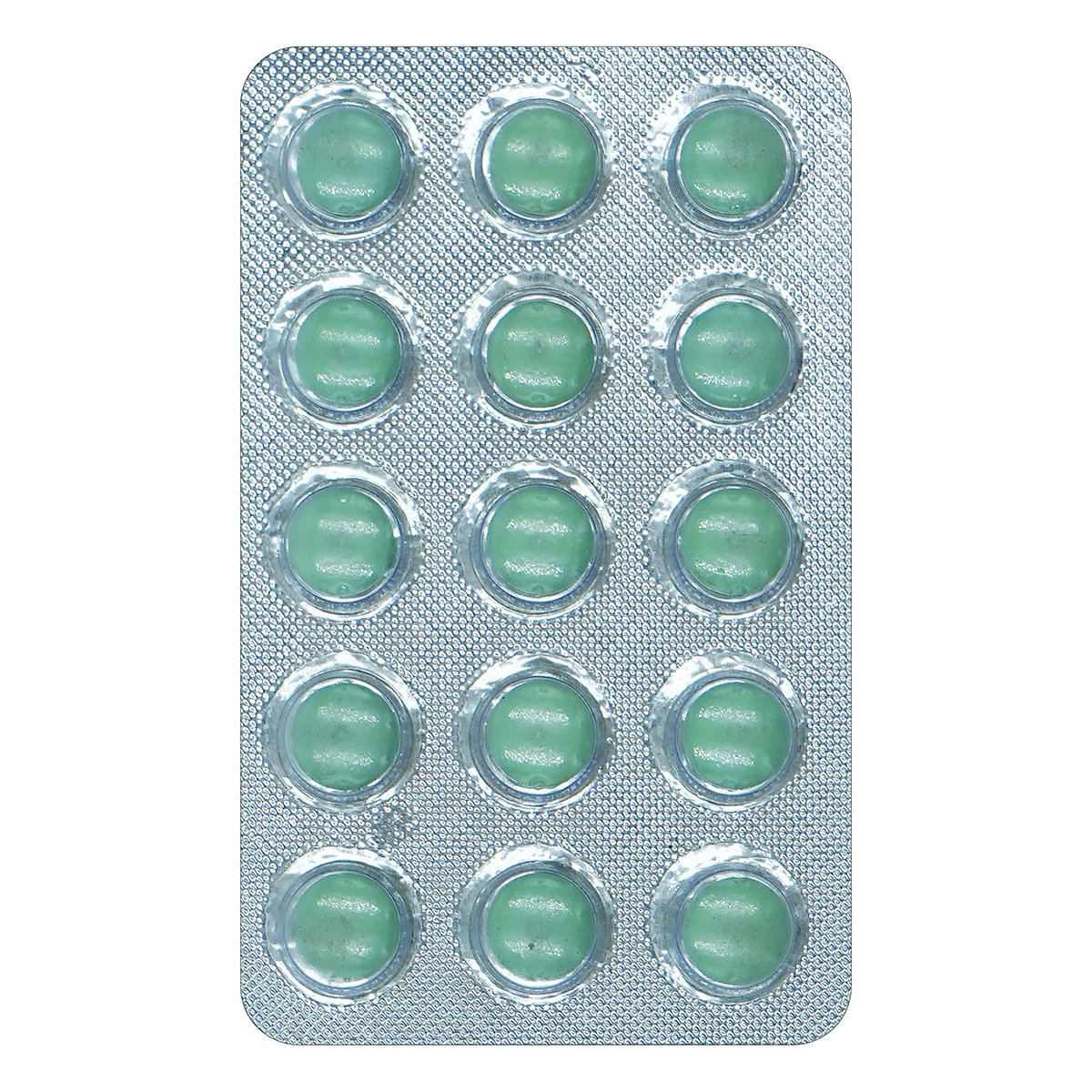


MRP ₹160.5
(Inclusive of all Taxes)
₹24.1 Cashback (15%)
Selected Pack Size:15
15 ₹144.5
(₹9.63 per unit)
Out of stock
10 ₹65.7
(₹6.57 per unit)
Out of stock
Provide Delivery Location
Online payment accepted
 Prescription drug
Prescription drugWhats That
Composition :
Manufacturer/Marketer :
Consume Type :
Expires on or after :
Return Policy :
About Librium 10 mg Tablet
Librium 10 mg Tablet belongs to a group of medicines called benzodiazepine anxiolytics indicated for the management of anxiety disorders. Additionally, Librium 10 mg Tablet is used for the short-term relief of muscle spasms, symptoms of alcohol withdrawal, anxiety-causing insomnia or distress, and anxiety occurring with mental health problems.
Librium 10 mg Tablet contains ‘Chlordiazepoxide’, which works by increasing the action of a chemical messenger called GABA. This helps suppress the excessive and abnormal activity of the nerve cells in the brain. Thereby, Librium 10 mg Tablet helps in treating anxiety.
You are advised to take Librium 10 mg Tablet for as long as your doctor has prescribed it for you, depending on your medical condition. In some cases, you may experience certain common side-effects such as drowsiness, light-headedness, dizziness, sedation, slurred speech, lack of coordination, ataxia (unsteadiness and clumsiness), difficulty in controlling movements, and dependence. You are advised to talk to your doctor if you experience these side-effects persistently.
Avoid taking Librium 10 mg Tablet if you are pregnant or planning for pregnancy, as it may harm the fetus. Librium 10 mg Tablet may pass into breastmilk, so avoid taking Librium 10 mg Tablet if you are breastfeeding. Avoiding or handling machinery as Librium 10 mg Tablet may cause drowsiness, impaired concentration, blurred vision, and impaired muscular function. Avoid consumption of alcohol while taking Librium 10 mg Tablet as it may cause increased drowsiness. Librium 10 mg Tablet should not be given to children as safety and effectiveness were not established.
Uses of Librium 10 mg Tablet
Directions for Use
Key Benefits
Librium 10 mg Tablet belongs to a group of medicines called benzodiazepine anxiolytics. Librium 10 mg Tablet is indicated for the management of anxiety disorders. Additionally, Librium 10 mg Tablet is used for the short-term relief of muscle spasms, symptoms of alcohol withdrawal, anxiety-causing insomnia or distress, and anxiety occurring with mental health problems. Librium 10 mg Tablet works by increasing the action of a chemical messenger called GABA. This helps suppress the excessive and abnormal activity of the nerve cells in the brain. Thereby, Librium 10 mg Tablet helps in treating anxiety.
Storage
- Rest well; get enough sleep.
- Eat a balanced diet and drink enough water.
- Manage stress with yoga and meditation.
- Limit alcohol and caffeine.
- Physical activities like walking or jogging might help boost energy and make you feel less tired.
Drug Warnings
Do not take Librium 10 mg Tablet if you are allergic to any of its contents; if you have reduced blood flow to the lungs, breathing problems, obsessional stress, hallucinations, delusions, sleep apnoea (stopping breathing while asleep), severe liver disorder, myasthenia gravis (muscle weakness), spinal or cerebral ataxia. Inform your doctor if you have long-term lung, kidney or liver disorder, schizophrenia, mania, history of drug abuse or alcoholism. Librium 10 mg Tablet may be habit-forming, so inform your doctor if you have a history of drug addiction or abuse. Keep your doctor informed about all the medicines you are taking, including prescription, non-prescription medicines and herbal supplements. Please do not stop taking Librium 10 mg Tablet on your own as it might cause withdrawal symptoms. Avoid taking Librium 10 mg Tablet if you are pregnant or planning for pregnancy as it may cause harm the fetus. Librium 10 mg Tablet may pass into breastmilk, so avoid taking Librium 10 mg Tablet if you are breastfeeding.
Drug-Drug Interactions
Drug-Drug Interactions
Login/Sign Up
Taking Librium 10 mg Tablet with Sodium oxybate increases the risk of breathing difficulty or low blood pressure.
How to manage the interaction:
Taking Librium 10 mg Tablet with Sodium oxybate is generally avoided as it can lead to an interaction, it can be taken if prescribed by a doctor. However, if you experience dizziness, shortness of breath, excessive sweating, or blurred vision, contact your doctor. Do not discontinue any medications without consulting a doctor.
Co-administration of butorphanol with Librium 10 mg Tablet can increase the risk of side effects like decreased breathing rate, irregular heart rhythms, or problems with movement and memory.
How to manage the interaction:
Taking butorphanol and Librium 10 mg Tablet together can result in an interaction, it can be taken if your doctor has advised it. However, if you experience drowsiness, shortness of breath, palpitations, numbness in hands and feet, or hypersensitivity to light and noise, consult a doctor immediately. Do not discontinue any medications without consulting a doctor.
Co-administration of droperidol with Librium 10 mg Tablet may significantly lead to low blood pressure irregular heart rhythm.
How to manage the interaction:
Taking droperidol and Librium 10 mg Tablet together can result in an interaction, it can be taken if your doctor has advised it. However, if you experience any symptoms such as slow heart rate, low blood pressure, lightheadedness, fainting, irregular heartbeat, drowsiness, or difficulty concentrating, consult a doctor immediately. Do not discontinue any medications without consulting a doctor.
Co-administration of oxycodone with Librium 10 mg Tablet can increase the risk of side effects like decreased breathing rate, irregular heart rhythms, or problems with movement and memory.
How to manage the interaction:
Taking oxycodone and Librium 10 mg Tablet together can result in an interaction, it can be taken if your doctor has advised it. However, if you experience any symptoms such as dizziness, shortness of breath, numbness in hands and feet, or palpitations, consult a doctor immediately. Do not discontinue any medications without consulting a doctor.
Co-administration of fentanyl with Librium 10 mg Tablet can increase the risk of side effects like decreased breathing rate, irregular heart rhythms, or problems with movement and memory.
How to manage the interaction:
Taking fentanyl and Librium 10 mg Tablet together can result in an interaction, but it can be taken if your doctor has advised it. However, consult a doctor immediately if you experience symptoms such as breathing difficulty, numbness in hands and feet, or headache. Do not discontinue any medications without consulting a doctor.
Co-administration of nalbuphine with Librium 10 mg Tablet can increase the risk or severity of side effects like decreased breathing rate, irregular heart rhythms, or problems with movement and memory.
How to manage the interaction:
Taking nalbuphine and Librium 10 mg Tablet together can result in an interaction, but it can be taken if your doctor has advised it. However, if you experience any symptoms such as dizziness, shortness of breath, numbness in hands and feet, or palpitations consult a doctor immediately. Do not discontinue any medications without consulting a doctor.
Co-administration of Librium 10 mg Tablet with clozapine can increase the side effects.
How to manage the interaction:
Taking clozapine and Librium 10 mg Tablet together can result in an interaction, it can be taken if your doctor has advised it. However, if you experience any symptoms such as drowsiness, confusion, breathing difficulty, palpitations, and incoordination. Do not discontinue any medications without consulting a doctor.
Co-administration of ketamine with Librium 10 mg Tablet may significantly increase the side effects of Librium 10 mg Tablet.
How to manage the interaction:
Taking ketamine and Librium 10 mg Tablet together can result in an interaction, it can be taken if your doctor has advised it. However, if you experience any symptoms such as dizziness, drowsiness, shortness of breath, or palpitations, consult a doctor immediately. Do not discontinue any medications without consulting a doctor.
Coadministration of Buprenorphine with Librium 10 mg Tablet can increase the risk or severity of side effects like decreased breathing rate, irregular heart rhythms, or problems with movement and memory.
How to manage the interaction:
Taking buprenorphine and Librium 10 mg Tablet together can result in an interaction, it can be taken if a doctor has advised it. However, if you experience drowsiness, shortness of breath, palpitations, numbness in hands and feet, or hypersensitivity to light and noise, consult a doctor immediately. Do not discontinue any medications without consulting a doctor.
Co-administration of hydrocodone with Librium 10 mg Tablet can increase the risk of side effects like decreased breathing rate, irregular heart rhythms, or problems with movement and memory.
How to manage the interaction:
Taking hydrocodone and Librium 10 mg Tablet together can result in an interaction, it can be taken if your doctor has advised it. However, if you experience any symptoms such as dizziness, breathing difficulty, palpitations, numbness in hands and feet, or headache, consult a doctor immediately. Do not discontinue any medications without consulting a doctor.
Drug-Food Interactions
Drug-Food Interactions
Login/Sign Up
Diet & Lifestyle Advise
- Attend therapy sessions regularly.
- Eat a healthy diet.
- Try to stay active and exercise regularly.
- Take ample rest. Get enough sleep.
- Meditate regularly as it helps in easing anxiety.
- Avoid smoking, caffeine, and alcohol consumption.
- Foods and drinks like salmon, chamomile, turmeric, dark chocolate, green tea, and yoghurt may help with anxiety.
Side Effects of Librium 10 mg Tablet
- Drowsiness
- Light-headedness
- Dizziness
- Sedation
- Slurred speech
- Lack of coordination
- Ataxia (unsteadiness and clumsiness)
- Difficulty in controlling movements
- Dependence
Habit Forming
Therapeutic Class
All Substitutes & Brand Comparisons
RX
Not for online saleXIDE 10MG TABLET
Ipca Laboratories Ltd
₹34.5
(₹3.11 per unit)
67% CHEAPERRX
Not for online saleLIBRATE TABLET
Talent India Pvt Ltd
₹37.5
(₹3.38 per unit)
64% CHEAPERRX
Out of StockNot for online saleClodep-10 Tablet 10's
Agm Biotech Pvt Ltd
₹38.5
(₹3.47 per unit)
63% CHEAPER
Product Substitutes
Author Details
We provide you with authentic, trustworthy and relevant information
Drug-Diseases Interactions
Drug-Diseases Interactions
Login/Sign Up
FAQs
Librium 10 mg Tablet works by increasing the action of a chemical messenger called GABA. This helps suppress the excessive and abnormal activity of the nerve cells in the brain. Thereby, Librium 10 mg Tablet helps in treating anxiety.
Do not stop taking Librium 10 mg Tablet on your own as it might cause withdrawal symptoms such as headache, muscle pain, anxiety, tension, nervousness, restlessness, sweating, irritability, and confusion. Consult your doctor if you experience any difficulty while taking Librium 10 mg Tablet , and the doctor may reduce the dose gradually.
Librium 10 mg Tablet may cause dependence in patients taking Librium 10 mg Tablet at higher doses for longer durations, with a history of drug abuse or alcoholism. Therefore, take Librium 10 mg Tablet only as prescribed.
Librium 10 mg Tablet may cause partial memory loss. To lower this risk, you are recommended to have an uninterrupted sleep of at least 7-8hours.
Do not take Librium 10 mg Tablet of longer durations as it is a habit-forming drug. Librium 10 mg Tablet is generally prescribed only for 2-4week treatment. Take Librium 10 mg Tablet only as prescribed and do not stop taking Librium 10 mg Tablet suddenly.
Librium 10 mg Tablet is used to provide short-term relief from the symptoms of alcohol withdrawal. Alcohol withdrawal is the body's changes when a person abruptly stops consuming alcohol after heavy and prolonged alcohol use.
Drug-Drug Interactions Checker List
- CARISOPRODOL
- HYDROCODONE
- METHADONE
- CODEINE
- MORPHINE
- ZOLPIDEM
- ALPRAZOLAM
- CLONAZEPAM
- DIAZEPAM
- METOPROLOL
- AMITRIPTYLINE
- CITALOPRAM
- ESCITALOPRAM
- DULOXETINE
- HYDROXYZINE
- PHENYTOIN
- PHENOBARBITONE
- RIFAMPICIN
- CIMETIDINE
- OMEPRAZOLE
- DISULFIRAM
- BACLOFEN
- DIGOXIN
- HYDRALAZINE
- MINOXIDIL
- WARFARIN
- FUROSEMIDE
Special Advise
Please do not stop taking Librium 10 mg Tablet on your own as it might cause withdrawal symptoms.
Disease/Condition Glossary
Anxiety: It is a mental health disorder characterized by feelings of anxiety, worry or fear that are strong enough to interfere with one’s daily activities. Anxiety is the body’s natural response to stress, in which the feeling of fear may be intense and debilitating. It is the most common form of emotional disorder and can affect anyone at any age. Anxiety may cause a panic attacks, obsessive-compulsive disorder, and post-traumatic stress disorder. The exact cause of anxiety is unknown, but it might be due to genetic or environmental factors. Symptoms of anxiety include rapid breathing, increased heart rate, restlessness, trouble concentrating, and difficulty falling asleep.

Have a query?
Buy best C.n.s Drugs products by
Intas Pharmaceuticals Ltd
Sun Pharmaceutical Industries Ltd
Torrent Pharmaceuticals Ltd
Alkem Laboratories Ltd
Abbott India Ltd
Cipla Ltd
Alteus Biogenics Pvt Ltd
Micro Labs Ltd
Lupin Ltd
Ipca Laboratories Ltd
D D Pharmaceuticals Pvt Ltd
Icon Life Sciences
Mankind Pharma Pvt Ltd
Tripada Healthcare Pvt Ltd
Arinna Lifesciences Ltd
Linux Laboratories Pvt Ltd
East West Pharma India Pvt Ltd
La Renon Healthcare Pvt Ltd
Talent India Pvt Ltd
Tas Med India Pvt Ltd
Zydus Healthcare Ltd
Cnx Health Care Pvt Ltd
Eris Life Sciences Ltd
Leeford Healthcare Ltd
Emcure Pharmaceuticals Ltd
Macleods Pharmaceuticals Ltd
Sigmund Promedica
Aristo Pharmaceuticals Pvt Ltd
Dr Reddy's Laboratories Ltd
Troikaa Pharmaceuticals Ltd
Consern Pharma Ltd
Zydus Cadila
Shine Pharmaceuticals Ltd
Wockhardt Ltd
Ardent Life Sciences Pvt Ltd
Crescent Formulations Pvt Ltd
Theo Pharma Pvt Ltd
Reliance Formulation Pvt Ltd
Ikon Pharmaceuticals Pvt Ltd
Propel Healthcare
Neon Laboratories Ltd
Jagsam Pharma
Msn Laboratories Pvt Ltd
Morepen Laboratories Ltd
Pulse Pharmaceuticals
Sanofi India Ltd
Med Manor Organics Pvt Ltd
Hetero Healthcare Pvt Ltd
Novartis India Ltd
Crescent Therapeutics Ltd
Elder Pharmaceuticals Ltd
Solvate Laboratories Pvt Ltd
Akumentis Healthcare Ltd
Mova Pharmaceutical Pvt Ltd
Psyco Remedies Ltd
Tripada Lifecare Pvt Ltd
Ajanta Pharma Ltd
Cyrus Remedies Pvt Ltd
Medishri Healthcare Pvt Ltd
Cadila Healthcare Ltd
Glenmark Pharmaceuticals Ltd
Matteo Health Care Pvt Ltd
Hbc Life Sciences Pvt Ltd
Lyf Healthcare
Matias Healthcare Pvt Ltd
Mesmer Pharmaceuticals
Alembic Pharmaceuticals Ltd
Capital Pharma
Crescent Pharmaceuticals
Medopharm Pvt Ltd
Alniche Life Sciences Pvt Ltd
Kivi Labs Ltd
Talin Remedies Pvt Ltd
USV Pvt Ltd
Quince Lifesciences Pvt Ltd
Solis Pharmaceuticals
Infivis Life Care
Zuventus Healthcare Ltd
Cadila Pharmaceuticals Ltd
Pfizer Ltd
Wallace Pharmaceuticals Pvt Ltd
A N Pharmacia Laboratories Pvt Ltd
Blue Cross Laboratories Pvt Ltd
Jenburkt Pharmaceuticals Ltd
Lia Life Sciences Pvt Ltd
Mano Pharma
Medley Pharmaceuticals Ltd
Primus Remedies Pvt Ltd
FDC Ltd
Maneesh Pharmaceuticals Ltd
Apex Laboratories Pvt Ltd
Gagnant Healthcare Pvt Ltd
Ozone Pharmaceuticals Ltd
RPG Life Sciences Ltd
Strides Shasun Ltd
Unichem International
GlaxoSmithKline Pharmaceuticals Ltd
Kuresys Labs Pvt Ltd
LA Pharma
Trion Pharma India Llp
Alcohol
Safe if prescribed
Avoid consumption of alcohol while taking Librium 10 mg Tablet as it may cause increased drowsiness.
Pregnancy
Consult your doctor
Librium 10 mg Tablet belongs to pregnancy category D. Avoid taking Librium 10 mg Tablet if you are pregnant or planning for pregnancy as Librium 10 mg Tablet may cause damage to the foetus.
Breast Feeding
Consult your doctor
Do not take Librium 10 mg Tablet if you are breastfeeding as Librium 10 mg Tablet may pass into breastmilk.
Driving
Safe if prescribed
Avoid driving as Librium 10 mg Tablet may cause drowsiness, impaired concentration, blurred vision, and impaired muscular function.
Liver
Consult your doctor
Please consult your doctor before taking Librium 10 mg Tablet if you have a liver impairment or any concerns regarding this.
Kidney
Consult your doctor
Please consult your doctor before taking Librium 10 mg Tablet if you have kidney impairment or any concerns regarding this.
Children
Safe if prescribed
Librium 10 mg Tablet should not be given to children as safety and effectiveness were not established.



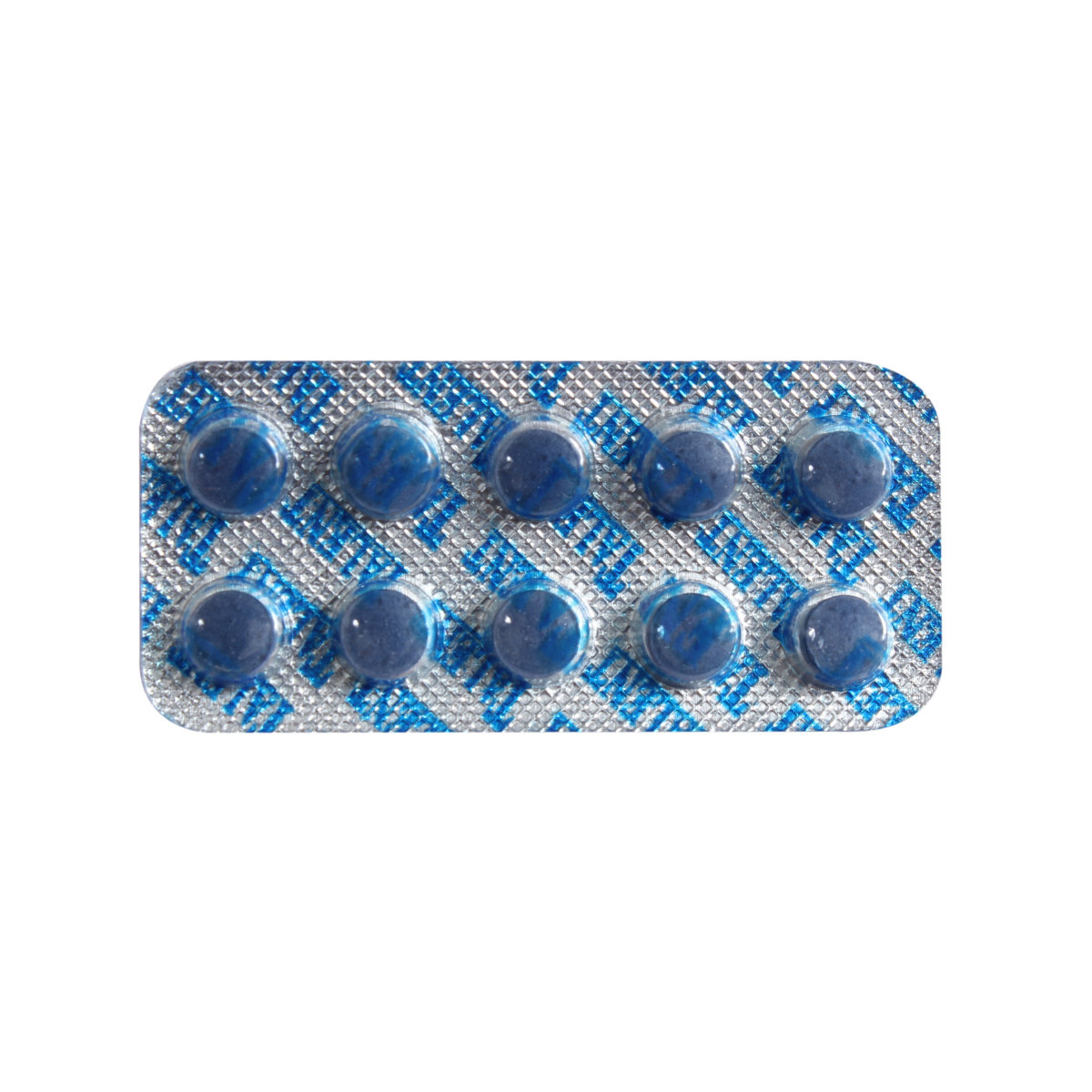

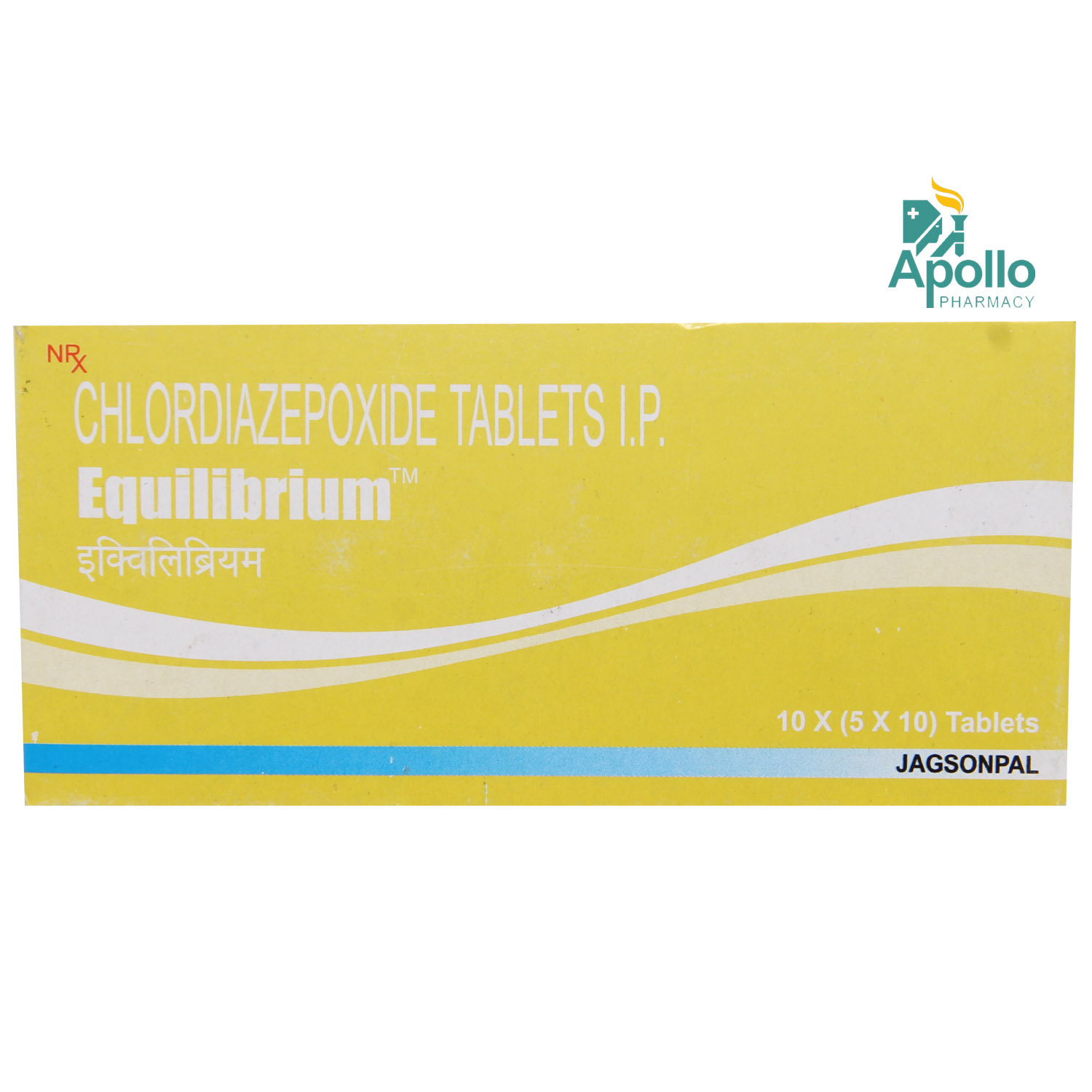

_0.jpg?tr=q-85)

